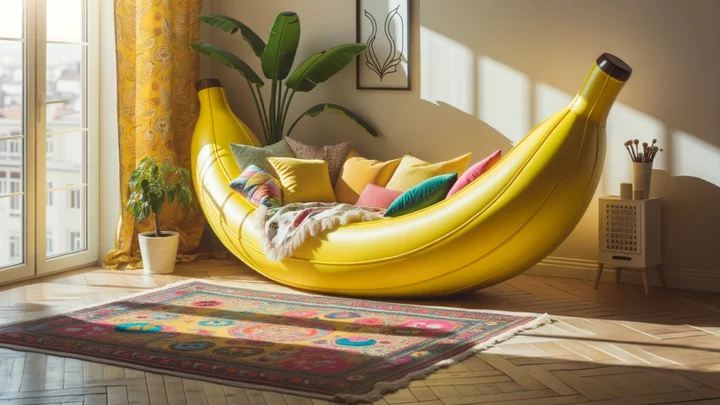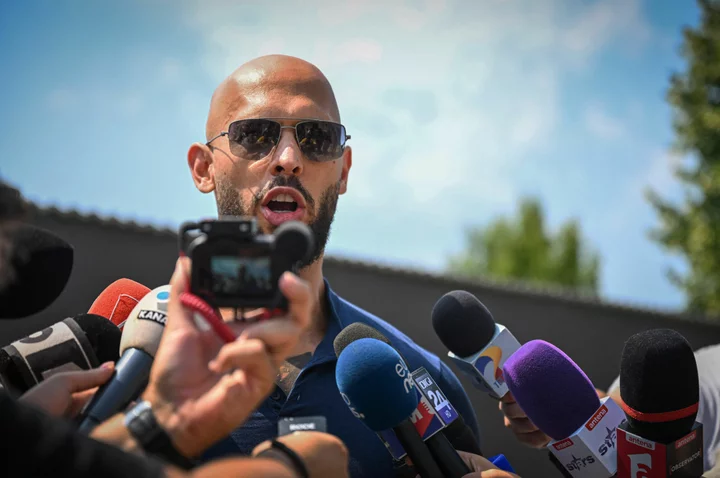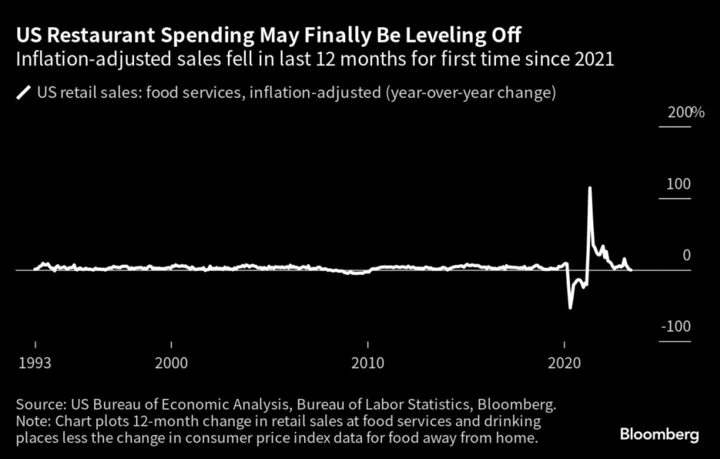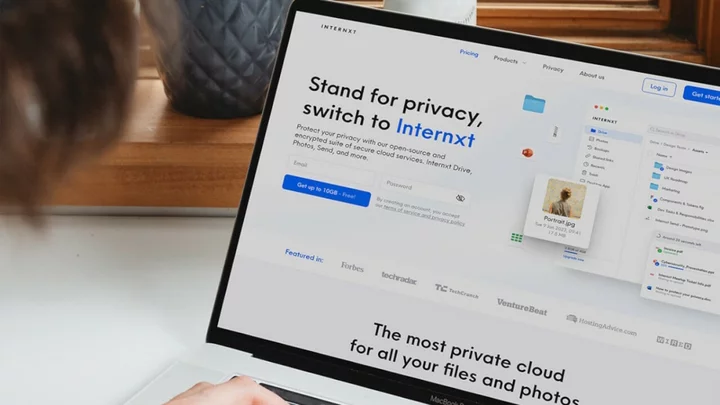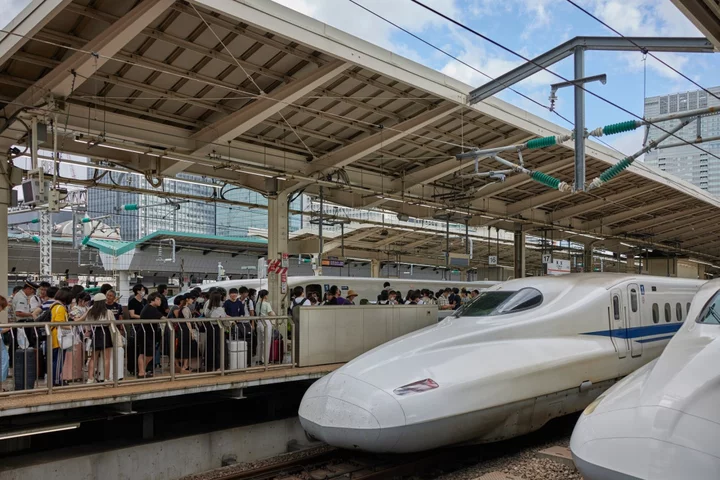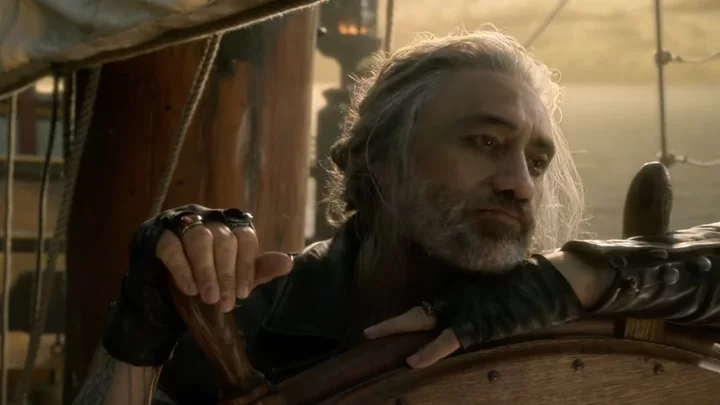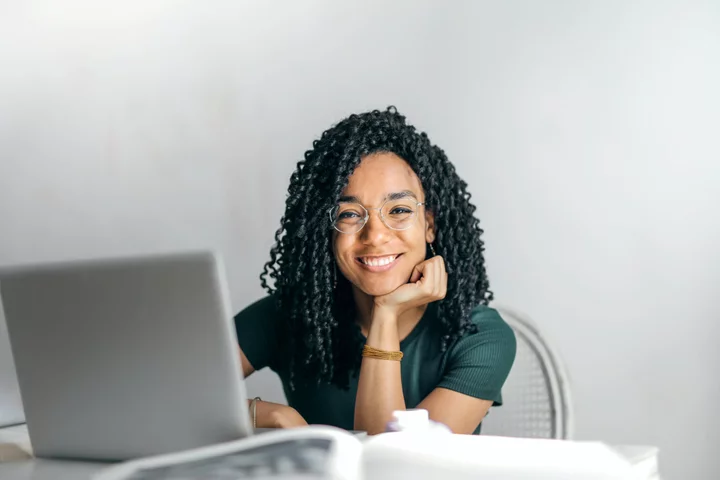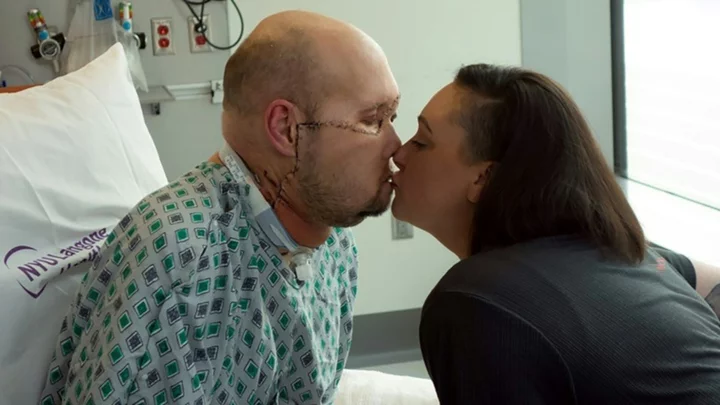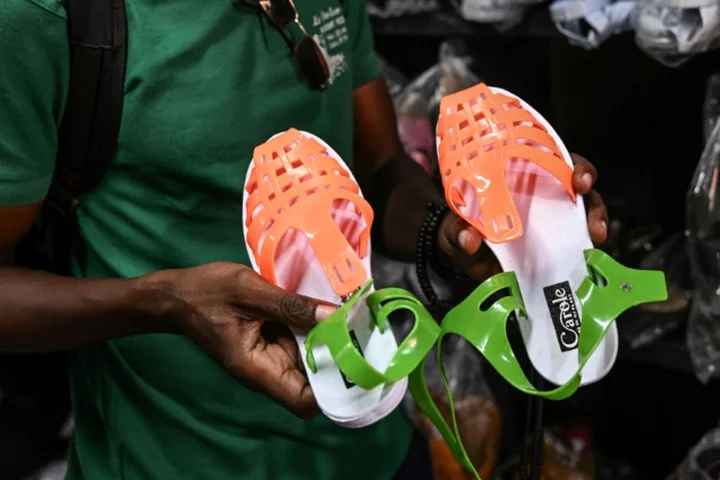OpenAI has a new version of its AI image generator, dubbed Dall-E 3, which it says can handle "significantly more nuance and detail" than Dall-E 2.
"Modern text-to-image systems have a tendency to ignore words or descriptions, forcing users to learn prompt engineering," OpenAI says. "Dall-E 3 represents a leap forward in our ability to generate images that exactly adhere to the text you provide."
This includes creating renderings of even the most minute details of the text prompt, and appropriately spacing them between other elements of the scene, such as the moon above the street in the image below.
(Credit: OpenAI)Dall-E 3 promises to more accurately generate human hands, a task that has eluded many AI image generators. Competitor Midjourney made a similar announcement last month, with a new feature that allows users to request edits to only a portion of the image (i.e. "Remove one finger").
OpenAI also announced plans to integrate Dall-E 3 with ChatGPT Plus in the coming seeks. By combining the chatbot's language skills with the image generator, the idea is to create even more precise images with customization opportunities.
"When prompted with an idea, ChatGPT will automatically generate tailored, detailed prompts for Dall-E 3 that bring your idea to life," OpenAI says. "If you like a particular image, but it’s not quite right, you can ask ChatGPT to make tweaks with just a few words."
Dall-E 2 is currently not free—OpenAI charges a small fee for image "credits"—and ChatGPT Plus costs $20 per month. The only major AI chatbot that offers image generation for free currently is Microsoft's Bing Chat AI. Bing Chat also runs on OpenAI's powerful GPT-4 model.
In the Dall-E 3 announcement, OpenAI acknowledges growing concerns around the deceptiveness of AI-generated images. "We’re also researching the best ways to help people identify when an image was created with AI," OpenAI says. The company is working on an internal tool to decipher AI- versus human-generated art, and says it will share more soon. We're still waiting for OpenAI to revive its tool to detect AI-generated text, which it disabled in July due to poor performance.
In an apparent acknowledgement of the pending lawsuits from artists who argue that AI image generators are trained on their works, OpenAI debuted a new tool for artists to opt out their works. OpenAI also says DALL-E 3 will decline requests for images "in the style of a living artist."
(Credit: OpenAI, DALL-E 3)A new-and-improved AI image generator from OpenAI further sets the stage for such images to become increasingly commonplace. As they are not protected under copyright law, per a recent court ruling, they can be created, posted, and sold freely. "You don't need our permission to reprint, sell or merchandise them," OpenAI says.

